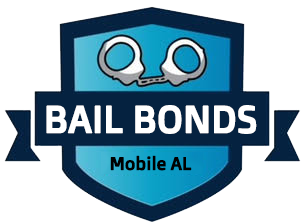
Being arrested when you are under 18 comes with a different type of experience than most deal with. The process can be completely different than being arrested as an adult. From the way you are arrested, to where you are held and how you are tried can vary greatly depending on age and severity. Here is an overview of what those differences are.
There is a softer approach to prison
When you are under 18 and arrested, especially if you have no previous offenses, there is, in general, a more lenient approach to punishment. The courts will tend to show more mercy when it comes to charging with felonies if they can opt for lesser charges and police officers are more willing to arrest and release a minor into the care of their parent or guardian as opposed to having the juvenile detained. The courts also tend to be more willing to look into why the minor may be acting out and more research will be done to see if there is any past history of neglect or abuse that may be making them more inclined to commit illegal acts. The goal of the court is to try and keep juveniles from becoming repeat offenders who commit more severe crimes and in turn, can spend years behind bars. That said, however, if the crime is serious enough or there have been repeated offenses, especially in a violent manner, the courts will no choice but to try as an adult but even then it is on a case-by-case basis and most likely won’t be as severe as an adult.
Bail is not an option for minors
When a minor is arrested, bail is not an option. When an adult is arrested, often times, a set bail will be offered to negotiate for release until a hearing but in the case of juveniles, what will usually happen is the courts will release the juvenile into custody of their parent or guardian with them making the parent responsible for assuring that their child shows up to all their schedules hearings. If there is not a responsible adult to release them to or the juvenile committed a serious enough crime, then they will be held in a juvenile detention facility until their hearing.
Juries are not involved in juvenile cases
When an adult has a hearing, a judge will listen to the arguments and hand down a sentence, but a jury would make the call as to whether or not they are found guilty. This is not the case for juveniles. Judges alone will decide guilt and punishment. These also tend to be closed hearings while most adult hearings are open to the public. Though in some states, and for more serious charges, there still could be a public hearing.



